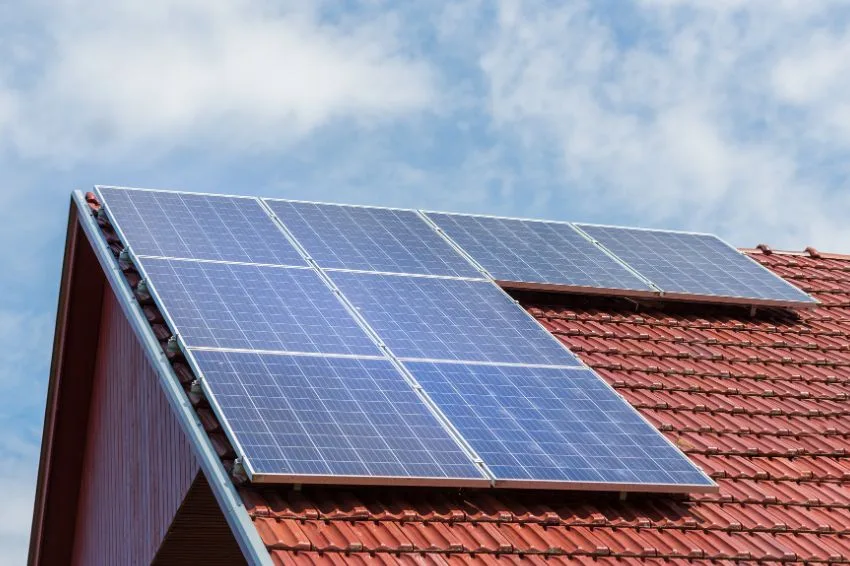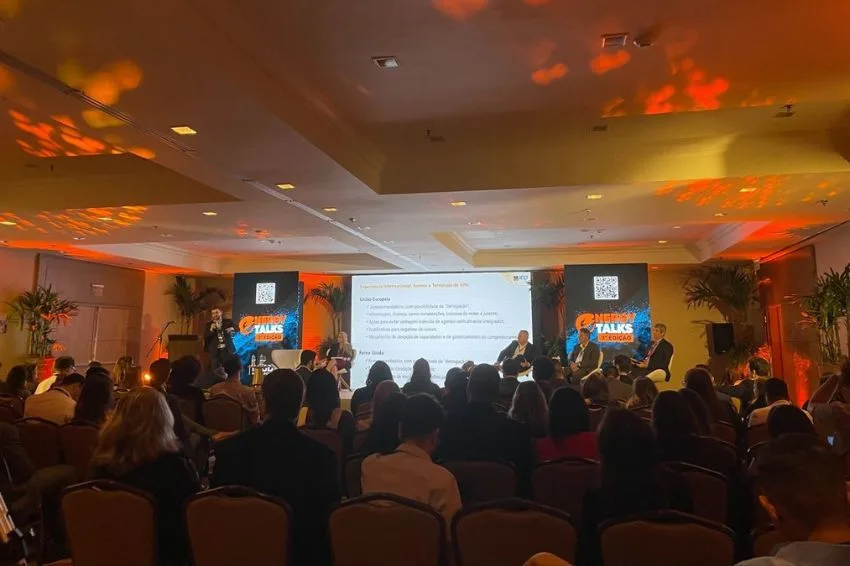In collaboration with Agnon Ericon Cavaeiro*
With the validity of Federal Law No. 14,300, of January 6, 2022, which established the legal framework of MMGD (Microgeneration and Distributed Minigeneration), as well as the SCEE (Electric Energy Compensation System), it is observed throughout these two years that some electric energy distribution concessionaires continue to make it difficult and/or unfeasible to generate their own energy projects, using renewable sources, based on MMGD – notably solar, while more accessible to the consumer, compared to other means.
Therefore, regulated by ANEEL (National Electric Energy Agency), initially, through Normative Resolution No. 482/2012, as well as its amendments, No. 687/2015, No. 786/2017, No. 956/2021, No. 1,000/2021 and , more recently, nº 1,059/2023.
This is because energy distributors do not seem to want distributed generation players to access their networks and thus allow more consumers to stop paying them what they received for decades for keeping them captive, see the position already deduced by ABRADEE ( Brazilian Association of Electricity Distributors), within the scope of ANEEL Public Consultation No. 25/2019.
In this sense, the sector has also observed several inadequate procedures adopted by distributors. Among which, the following stand out:
- non-compliance with the premises contained in the MMGD Legal Framework and ANEEL resolutions, especially deadlines;
- Requirements not foreseen in the regulation, see the Electrical Energy Distribution Procedures manual (“PRODIST”), updated by REN 956, and mainly in the law for issuing connection quotes;
- Creation of flow or change of procedure without any legal or technical basis;
- Lack of justification and/or alternative technical studies for rejection;
- Reversal of already approved projects, such as reversing the dwindling power flow in agreement between the parties (REN 1000, art. 83, §5);
- Incorrect or untimely computation of energy credits; It is
- Incorrect billing of energy tariffs and other charges, such as fees (see TUSDg) and taxes, arising from MMGD.
Although the concerns of distributors are legitimate, from an economic-financial perspective, regarding the growth in the number of users who benefit from distributed generation at the cost of using their energy networks.
The conduct exemplified above is contrary to the corresponding legislation and regulations – which, therefore, has already been widely debated in the National Congress, that is, both by society and by other agents in the sector.
And the discussion must invariably reach the Judiciary to enforce the provisions that have been violated so far; even more so because public service concessionaires are governed by the principle of administrative legality (CF, arts. 5, item II, and 37, caput).
Nevertheless, ANEEL's performance, as a regulatory and supervisory body in the area, although possible to bring about the controversy faced by the accessor in administrative proceedings, under the terms of Law 9,784/1999, is limited to mediation, then based on the principle of autonomy of the will, as well as the protection of rights in a more abstract way; because, even if subject to certain coercion, by ANEEL, with the application of fines against electricity distributors, in order to discourage violation of rules in the sector, the speed expected in this regard would not be satisfied in return for the separate judicialization of the case by the accessor.
Therefore, the judicialization of the issue, despite the beginning (or lack of) specialization of the Judiciary, aims, in addition to fine-tuning its discussion, to provide more individualized and effective protection, including a request for an injunction, according to each specific case. ; either to mitigate the loss incurred as a result of the illicit act, or to force the concessionaire to do or not do something, given its omission or need for correction, or even to compensate the user and other harmed consumers.
The opinions and information expressed are the sole responsibility of the author and do not necessarily represent the official position of Canal Solar.
















